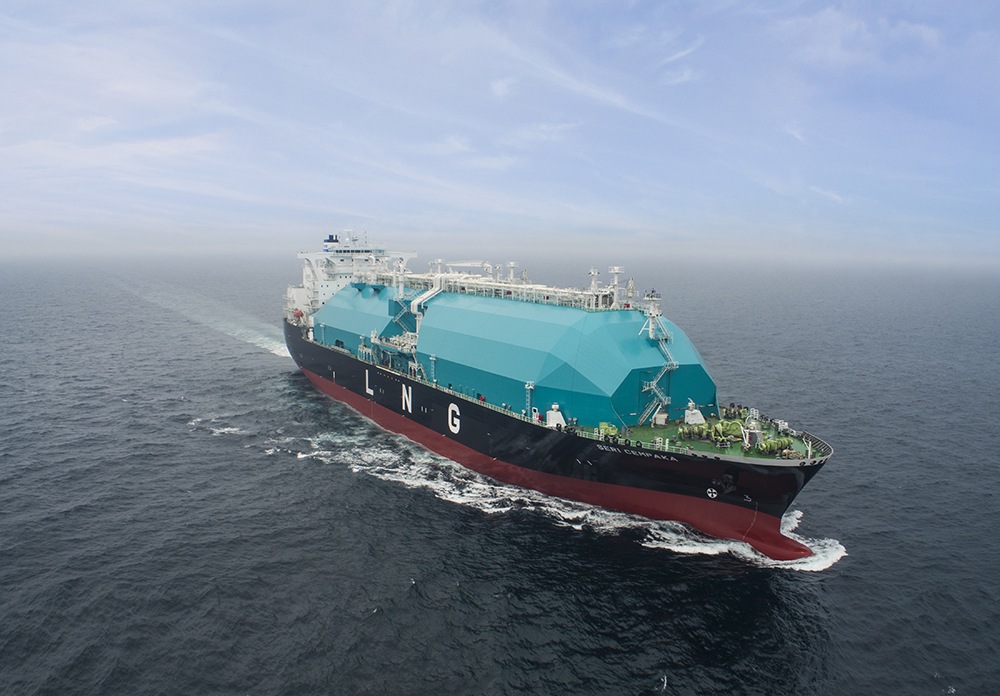Malaysia’s LNG shipper MISC, a unit of Petronas, said its LNG business logged a rise in both revenue and operating profit in the July-September period of this year.
The shipping firm said its gas assets and solution business, which includes a fleet of LNG and ethane carriers, posted a revenue of 790.1 million ringgit ($173.5 million) and an operating profit of 355.1 million ringgit ($78 million) in the third quarter of this year.
Revenue rose 6.6 percent year-on-year mainly due to translational impact from weakening of ringgit against the US dollar in the current quarter, while operating profit increased 13.2 percent when compared to the same period last year, MISC said.
MISC is one of the largest operators of LNG carriers and most of them are on long-term charters. It operates a fleet of 30 LNG carriers and two floating storage units.
In September, MISC revealed a charter for two LNG carriers with a unit of US energy giant ExxonMobil while the Malaysian firm is also part of the consortium that recently signed charter deals for five LNG carriers with QatarEnergy.
“Healthy” financial performance
Looking at the overall quarterly results, MISC’s profit of 820.6 million ringgit ($180.2 million) in the third quarter doubled from 401 million ringgit a year ago.
Revenue for the quarter rose 34.3 percent year-on-year to 3.61 billion ringgit, contributed by higher revenue from all segments, while operating profit increased 112.7 percent to 1.02 billion ringgit, MISC said.
The company’s CEO Rajalingam Subramaniam said in the statement that MISC “continues to demonstrate resilience and delivered a healthy third quarter financial performance amidst the ongoing volatility of the industry.”
Spot LNG rates continue to surge
MISC said spot LNG charter rates continued to surge in the LNG shipping market in the third quarter of 2022, driven by strengthening winter season demand towards year-end in Asia and Europe, high European demand due to the prolonged Russia-Ukraine war, and tight vessel availability.
In the near term, prospects remain positive backed by growing global demand for LNG amidst the ongoing European energy crisis and additional LNG infrastructure investment, which would further support LNG growth despite tonne-mile demand coming under some pressure from trade pattern shifts to shorter distances, according to MISC.
Notwithstanding the market situation, the operating income of the company’s gas assets and solutions segment is expected to remain stable, underwritten by its portfolio of long-term charters, MISC added.

